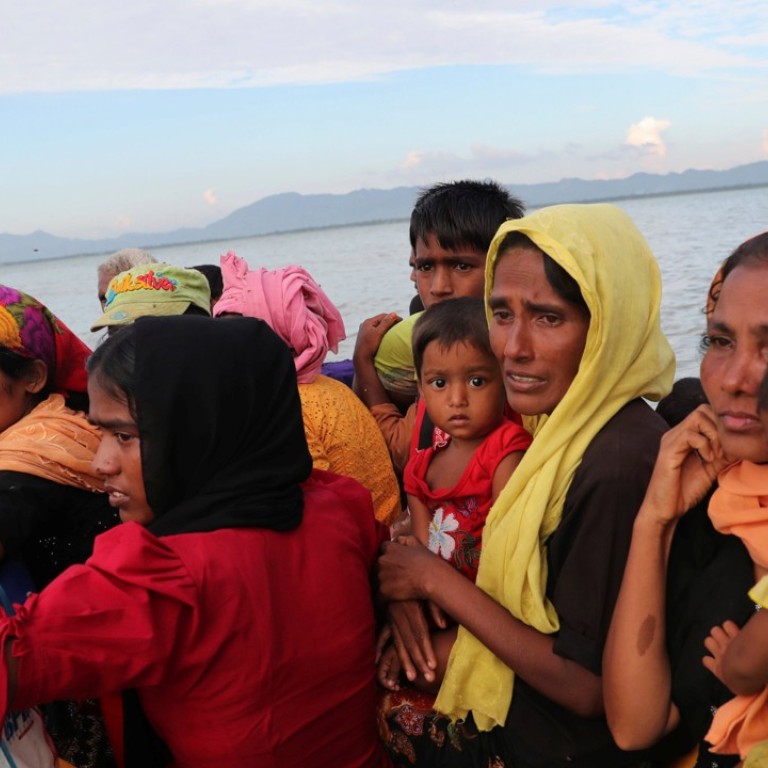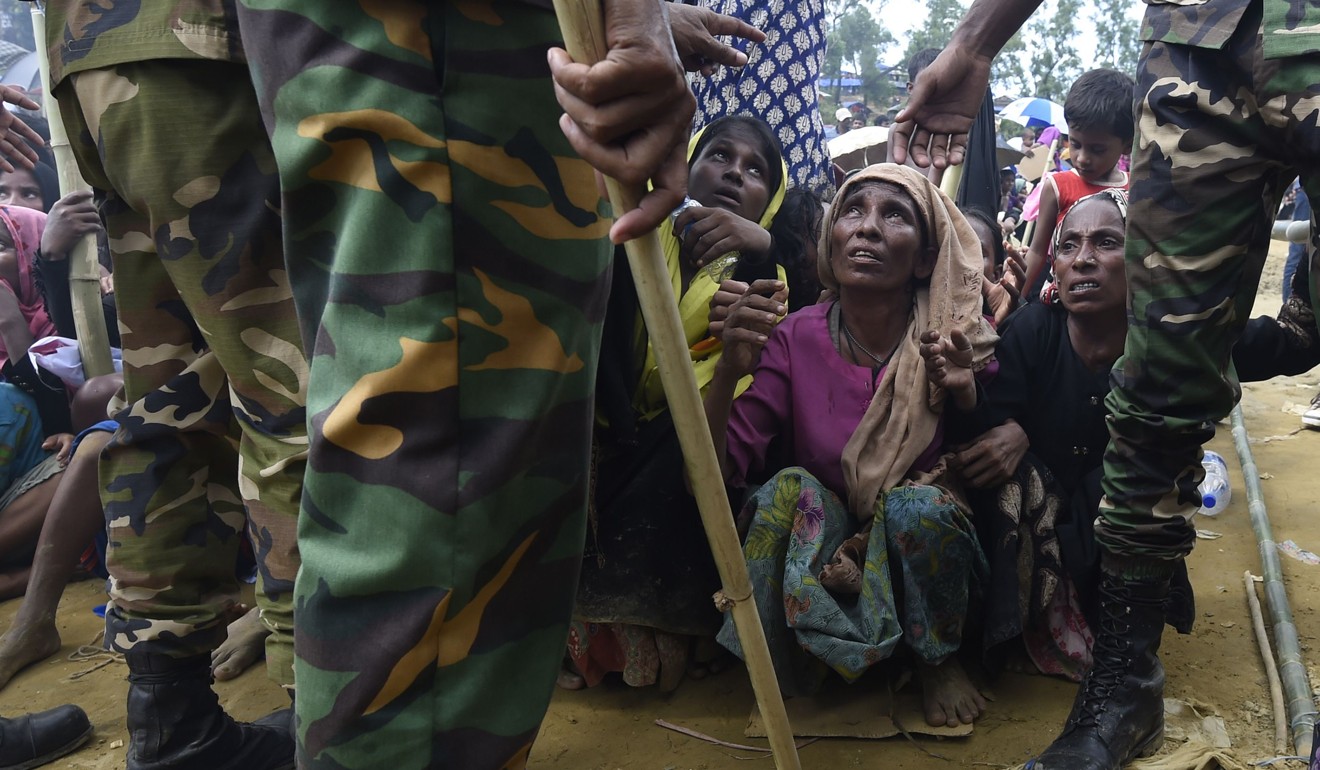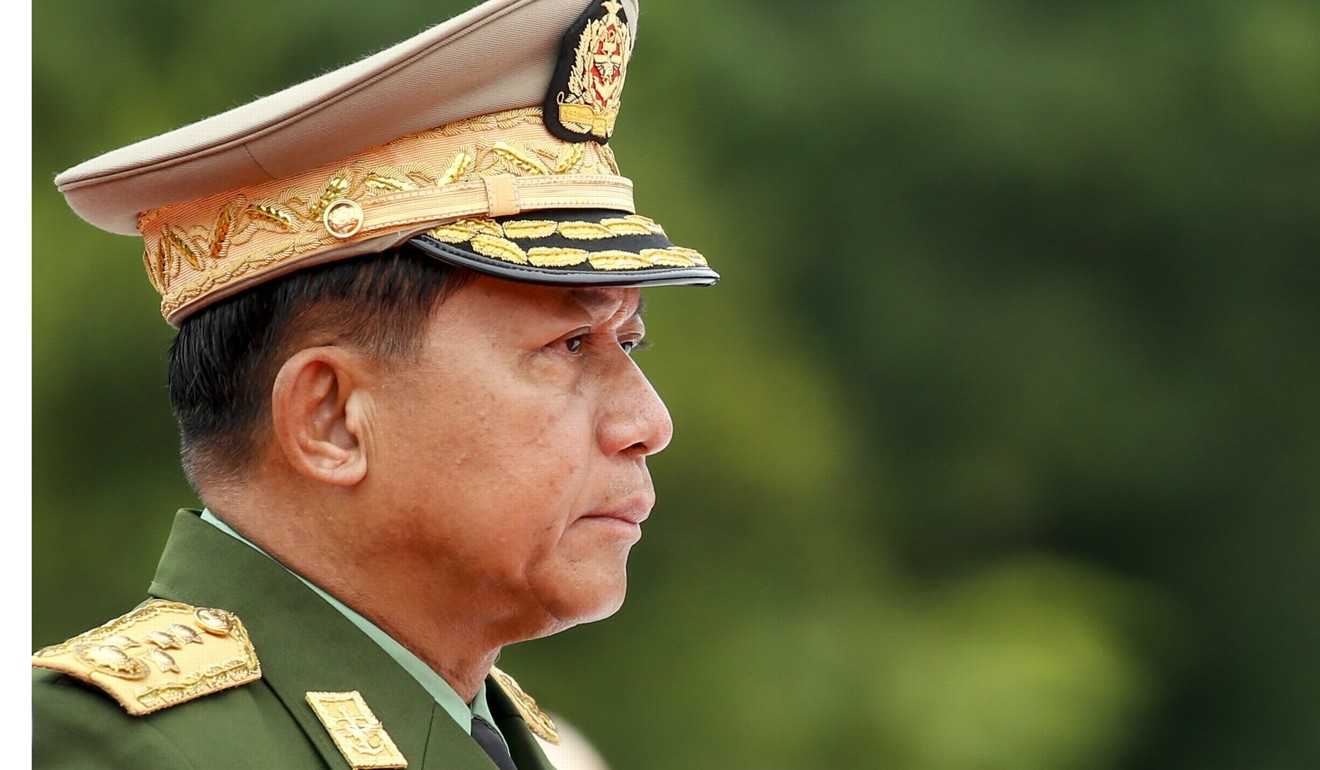
Don’t send Rohingya refugees back to Myanmar until their safety can be guaranteed
Jade Huynh says the 10-point proposal to repatriate Rohingya refugees cannot ensure their well-being in Myanmar and the international community should step in to prevent it
What’s driving Myanmar’s Rohingya crisis?
Rohingya Muslims wait for weeks on Myanmar’s beaches to be transported to Bangladeshi camps
If we are truly concerned about the Rohingya, we must nip the repatriation deal in the bud. Yet little protest has been raised, and high-profile individuals like former UN secretary general Kofi Annan have underscored the responsibility to ensure a safe return.
These statements come with conditions: returns must be voluntary, Rohingya ought to play a key role in planning and managing their homecoming and Myanmar must provide full citizenship. Yet, such statements fail to underscore the risk of premature returns.

Myanmar must resettle Rohingya in their villages, says US official
To allow the deal is to subject the Rohingya to refoulement – forcible return of refugees to a country where they face persecution. Bangladesh and Myanmar are not signatories to the Refugee Convention, but the duty to avoid returning refugees to danger remains a customary principle of international law.

Western criticism of Suu Kyi won’t help Myanmar – will China’s UN intervention?
Moreover, the wishes and concerns of the Rohingya have not been considered. Even before the most recent influx, there were at least 200,000 Rohingya in Bangladesh who fled earlier waves of violence. Commander-in-chief of the Myanmar Armed Forces Min Aung Hlaing has made it clear there is no end in sight to these cyclical waves of anti-Rohingya violence.
While allowing refugees to someday return to their homes with full dignity is ideal, conditions at home are far too perilous at present. Myanmar’s treatment of the Rohingya is now widely recognised as an example of ethnic cleansing. We must form a united front against the repatriation plan.
Jade Huynh is an alumna of the University of Oxford’s Refugee Studies Centre. The views expressed here are solely those of the author
